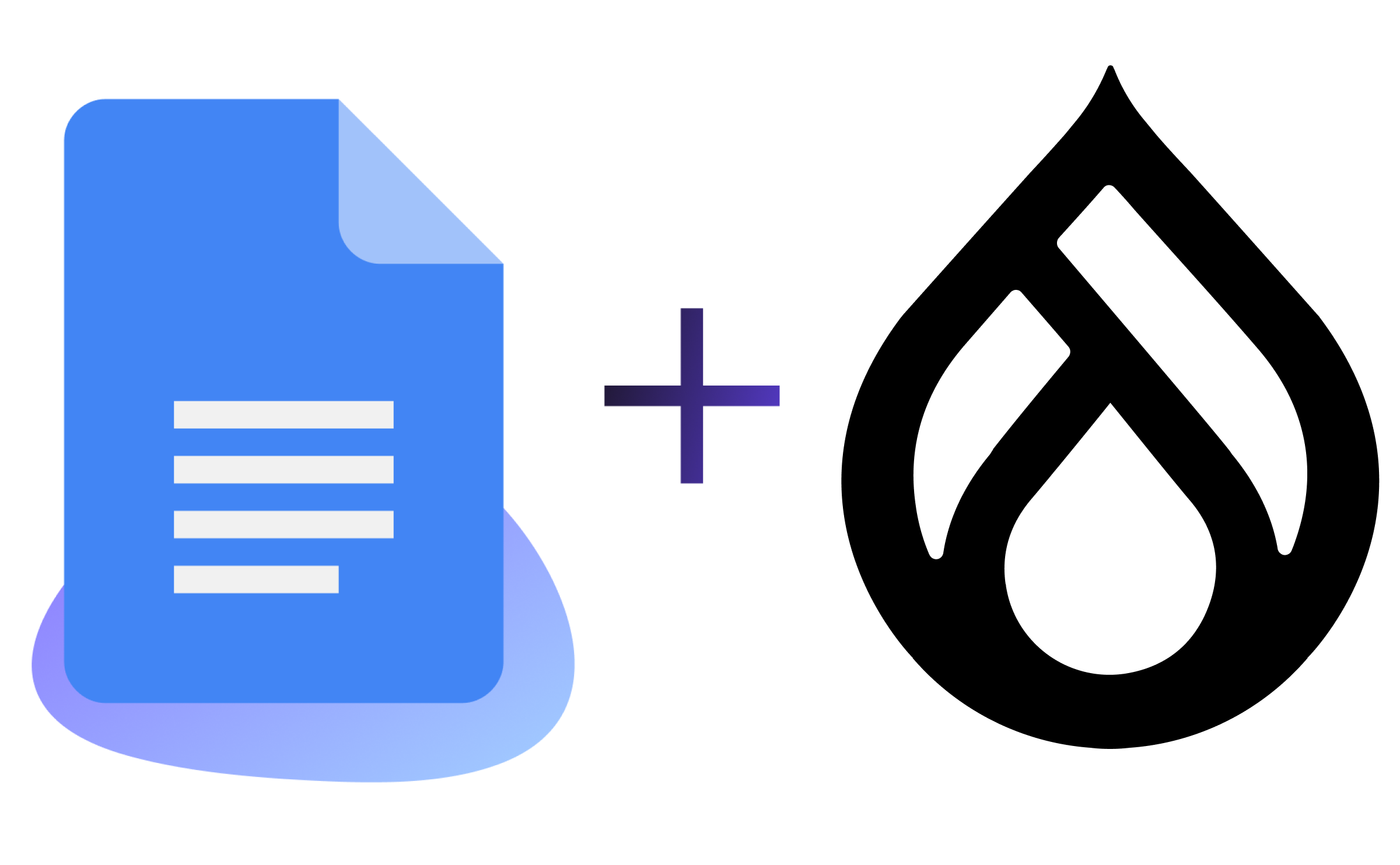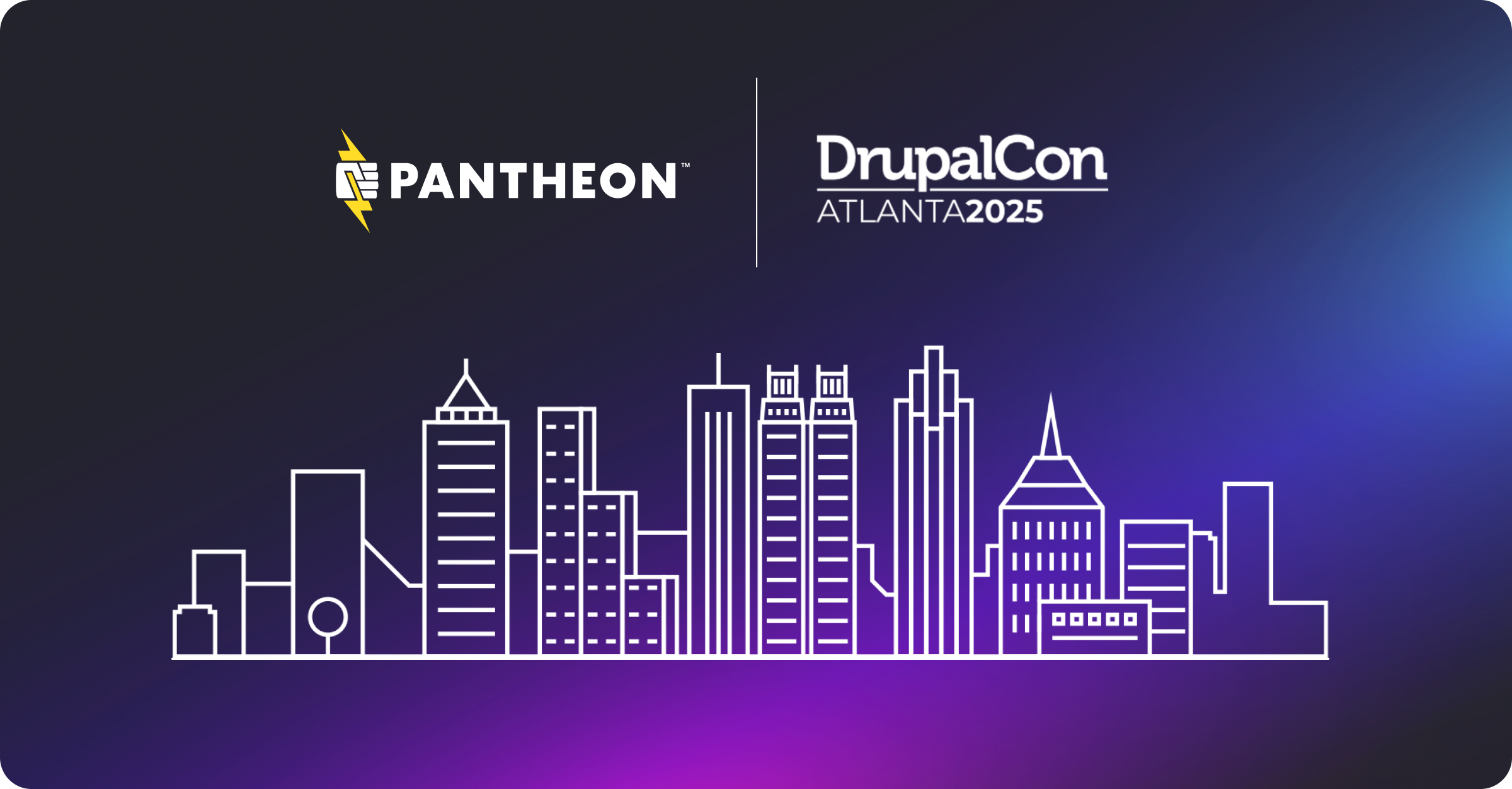Drupal 8 and 9 Migrations Made Simple: Part Two
Image

Irina Zaks is a Drupal instructor at Stanford University and the co-founder of Fibonacci Web Studio, a company focused on developing advanced web solutions for research and academia. This is the second post of a two-part series on choosing to move to Drupal 8/9, and creative ways to make the migration feasible.
In part one of this series, I discussed why Drupal 8 and 9 migrations need improvement. Though D8 features a “one-click” upgrade—which has been lacking in previous versions and sorely needed—it is still very limited. And there are other issues as well, like the migration of field collections, text format conversion, and date conversion. These limitations mean migration from D7 to D8 is expensive, making most of my customers either move to Wordpress or stay on D7.
In part two, I’m going to offer a solution for making migration to newer versions of Drupal much easier, and more affordable. Let’s dive in.
Proposed Solution: Feeds Migrate Module
After BADCamp 2016, I started talking to various organizations and individuals about putting the Feeds UI on top of the Migrate engine. The Feeds Migrate Module solution offers the following benefits:
- Developers would only have to maintain one import framework with parsers and process plugins instantly available via UI.
- Site builders could use the power of Migrate without having to write code.
- Content managers gain the flexibility to import their content without the need to go through another round of development effort.
- 1+2+3 = Less expensive migrations, both for agencies and for end customers.
- 1+2+3+4 = Drupal 9 becomes again the more affordable CMS, and the adoption rate is higher.
Project Progress and Road Map
Three and a half years of learning, work, collaboration, and presentations is challenging to summarize in one blog post, but here is the short version:
- First, I connected Lucas Heddn (migrate module maintainer) with Youri van Koppen (feeds module maintainer).
- Fibonacci Web Studio (small company that believes in Open Source economy) sponsored two workshops for Feeds developers to learn Migrate module (taught by Lucas).
- I made presentations about D8 migrations and the need for integration of Feeds and Migrate at DrupalCon in 2018, BADCamp (‘17, ‘18, ‘19), StanfordCamp (‘17, ’18, ‘19, ‘20), SFDUG (‘18, ‘19), MidCamp ‘19, and ColoradoCamp ‘19, and asked the community to support this initiative even though it had a lack of funding.
- In 2018, I started the feeds_migrate project and Mike Decker contributed the first code.
- Since the summer of 2018, James Dixon (DialedIn), Martin Keereman, and Frank Jack have contributed to the development of this module. I worked with Youri and Martin on UX/UI requirements and we created a clear road map.
- After ColoradoCamp this past summer, we got patches and contrib code from community members on smaller issues.
- Architecture for feeds_migrate is coordinated between maintainers of Migrate and Feeds to make sure that we are building on top of existing features of Migrate, migrate_plus, and migrate_tools.
- We have weekly meetups on Slack where we review development progress and respond to questions from any users and update/review/add issues for the module.
Watch this demo to see it in action:
Do You Need This Tool? Get Involved!
I believe that this initiative will benefit everyone in Drupal and I am asking all organizations that work with migrations to support it. Now that we have a clear road map, organizations can sponsor module development in two ways:
- Ask their developer(s) to work on an issue during normal work hours.
- Module developers set Open Collective to accept monetary contributions and pay developers who we know from sprints and who have expertise in Migrate/UI/Feeds to make this module ready quicker.
My big goal for this project is to make migrations to D8/9 easier. Integration of Feeds and Migrate is the most efficient, though challenging, path. It is built for medium-sized agencies that cannot afford writing yaml/drush migrations for every project and for site builders. Large agencies can benefit from this module in the same ways.
- Performing Drupal Content Migrations on Pantheon
- Module on Drupal.org
- Supporting organizations: DialedIn and Fibonacci Web Studio
- Open Collective


